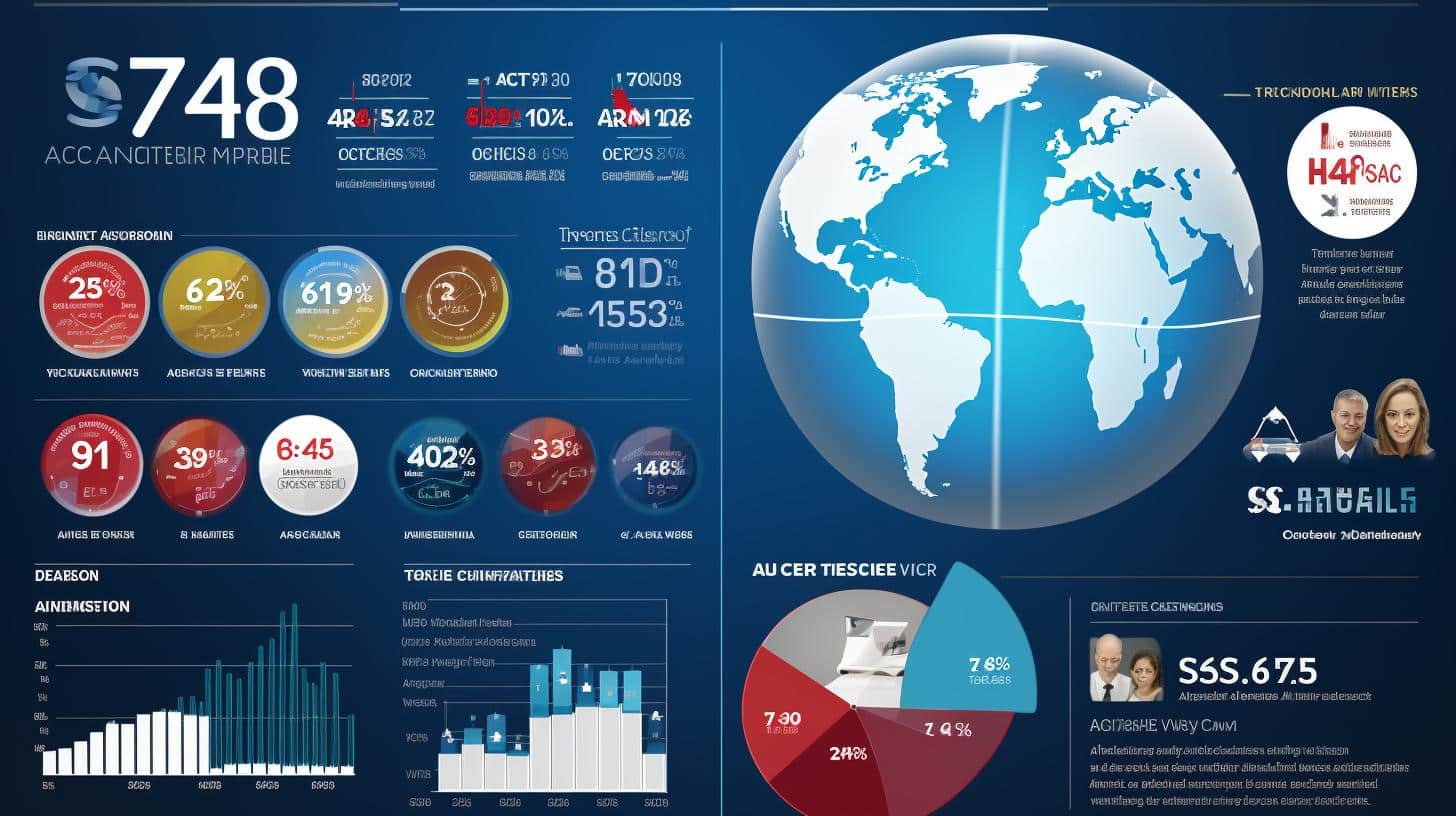Current Challenges for US Ethereum ETFs
The sluggish demand for US Ethereum Exchange-Traded Funds (ETFs) one month after their debut has been a topic of interest among investors and industry experts. Despite a strong start in late July, these ETFs have faced significant net outflows, particularly from Grayscale's Ethereum fund, known as ETHE. According to Farside Investors, ETHE experienced over $2.6 billion in outflows since its conversion into an ETF.
Fee Structure and Competition
Grayscale's Ethereum ETF has maintained a 2.5% fee, which is notably higher compared to competitors. For instance, BlackRock and Fidelity charge around 0.25%. This cost discrepancy is a factor affecting investor choices, but it's not the only issue at play.
Performance of Ethereum ETFs
Among the ETFs, BlackRock's iShares Ethereum Trust (ETHA) has received over $1 billion in net inflows, although it has seen stagnation recently. Other notable ETFs include Ethereum's FETH, Bitwise's ETHW, and Grayscale's BTC, with hundreds of millions in inflows each. However, these funds have only reported minor gains since their launch.
Impact of Staking
A significant change in the Ethereum ecosystem is the shift to Proof-of-Stake (PoS), which allows for staking rewards. However, current Ethereum ETFs have been launched without staking features, partly due to the Securities and Exchange Commission's (SEC) stance on crypto staking. This lack of staking rewards could deter investors seeking additional returns, as noted by industry experts.
Comparison with Bitcoin ETFs
When comparing Ethereum ETFs to Bitcoin ETFs, analysts like Bloomberg's Eric Balchunas have anticipated lower inflows for Ethereum. The differing market dynamics and characteristics between these two leading cryptocurrencies contribute to this expectation.
Market Conditions and Future Outlook
The launch of the Ethereum ETFs coincides with a broader crypto market correction, with Ether falling from approximately $3,500 to $2,400. Despite the downturn, some experts believe the introduction of these ETFs could eventually attract a broader range of investors as the regulatory environment evolves and the market stabilizes.
Long-term Prospects for Ethereum ETFs
While the initial performance of Ethereum ETFs has been mixed, their long-term success may hinge on Ethereum's continued prominence as a leading blockchain platform. As the crypto market recovers, institutional adoption and improved investor confidence could drive the growth of Ethereum ETFs in the future.













